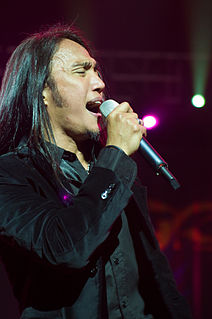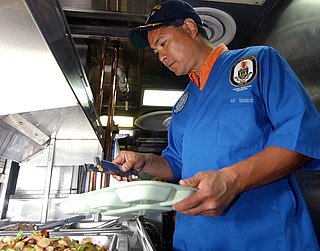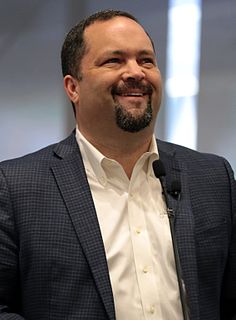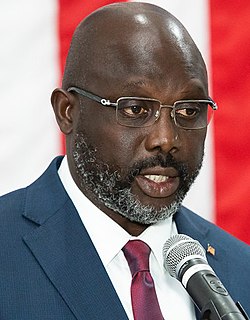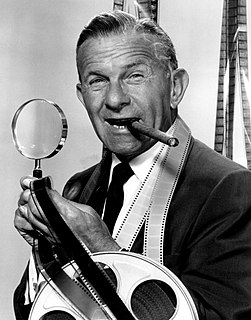A Quote by Arnel Pineda
I have a foundation where it caters to street children and entices them to go back to school. The street is not a good school for them. They need to go to a proper school.
Quote Topics
Related Quotes
It's a funny thing, in the US we all believe that we have a right to go to school. We have a right to a good education. And we don't. The U.S. Constitution contains no right for a child to go to school, let alone for a child to go to a good school. And yet, we know that if they don't go to a good school, they're less likely to be able to realize all that this country has to offer.
My parents even let me switch schools, to leave my regular school to go to the producer's school, because I told them producing is what I love to do, and it makes me happy to share my music and my passion with others. I was dreaming to go to that school. I begged them. They were like, 'Yah, know what? If you are happy, we are happy.'
I absolutely cannot see how one can later make up for having failed to go to a good school at the proper time. For this is what distinguishes the hard school as a good school from all others: that much is demanded; and sternly demanded; that the good, even the exceptional, is demanded as the norm; that praise is rare, that indulgence is nonexistent; that blame is apportioned sharply, objectively, without regard for talent or antecedents. What does one learn in a hard school? Obeying and commanding.
Children in home-school conflict situations often receive a double message from their parents: "The school is the hope for your future, listen, be good and learn" and "the school is your enemy. . . ." Children who receive the "school is the enemy" message often go after the enemy--act up, undermine the teacher, undermine the school program, or otherwise exercise their veto power.
All the children in the world, when they go to school, have the right to study in their mother tongue. But we go to school and run into literary Arabic as children. It sounds like a foreign language. The words for "house" or "table" or "lamp" are not the same as the words we use at home, and most of the other words are alien to children at school. Classical Arabic is one of the prisons of the Arab world.
We've now got a group of young people in this country who for all practical purposes are American. They grew up here. They've gone to school here. They don't know anything other than being American kids. But their parents may have brought them here without all the proper paperwork - might have brought them here when they were three, might have brought them here when they were five. And so, lo and behold, by the time they finish school, and they're ready to go to college, they find out they can't go to college and, in fact, their status as Americans are threatened.
